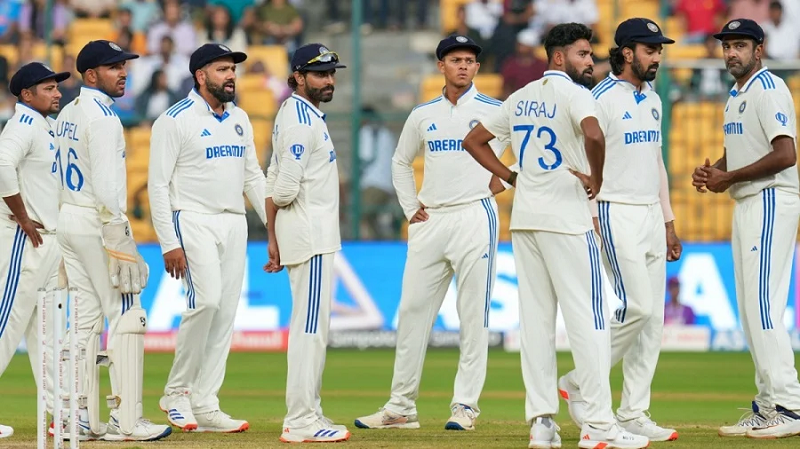Why Shahid Afridi's YouTube Channel Remains Active Despite Controversial Statements
- byPranay Jain
- 28 Apr, 2025

Recently, the tension between India and Pakistan heightened after the Pahalgam terrorist attack. In response, the Indian government banned several Pakistani YouTube channels accused of making inflammatory remarks against India. This list included channels belonging to prominent cricketers such as Shoaib Akhtar, Basit Ali, Rashid Latif, and Tanvir Ahmed. However, one notable name was conspicuously absent from this list: Shahid Afridi.
Afridi, a former Pakistani cricketer, has garnered significant attention for his controversial statements about India, especially following the Pahalgam attack. Despite his YouTube channel, with over 1.2 million subscribers, being used to propagate anti-India rhetoric, it has not been banned by the Indian authorities. This has raised several questions, particularly after Afridi's outspoken comments blaming the Indian Army for the Pahalgam attack. He went so far as to claim that the Indian Army, with its large presence in Kashmir, was incompetent, and that Pakistan was unfairly blamed for the attack.
Afridi's comments, including accusations that India fabricates terrorist activities and falsely blames Pakistan, have sparked outrage in India. On social media, many Indian fans have called for a ban on Afridi’s YouTube channel, citing his continuous anti-India rhetoric.
The reasons behind why Afridi's channel has not been banned despite these statements remain unclear. While the Indian government has acted swiftly in banning the channels of other Pakistani cricketers, Afridi’s case is somewhat puzzling. His channel has been a platform for spreading divisive narratives, yet it has not faced the same scrutiny, leaving many to question the criteria for such bans. Some speculate that the lack of action against Afridi could be due to his massive following and popularity, or the potential diplomatic implications of targeting his platform.
As the situation unfolds, the debate continues over the balance between freedom of expression and the need to maintain peace and harmony in the region, especially in the volatile context of Indo-Pakistani relations.






